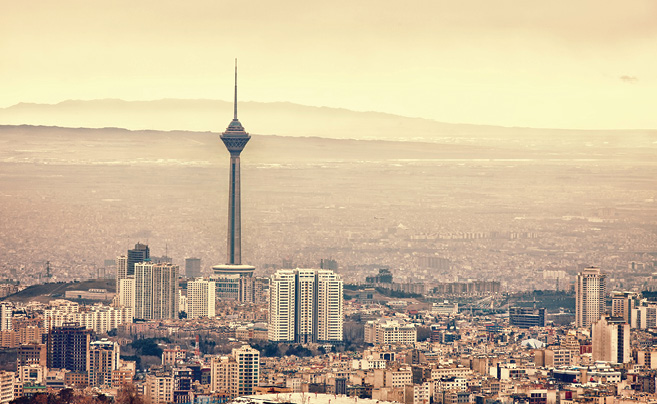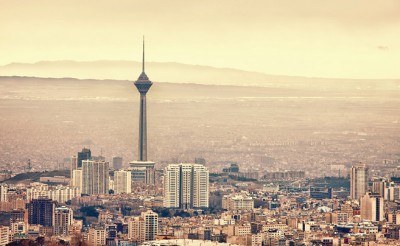The cake is quite big, but everyone wants a slice. Italian prime minister Matteo Renzi visited Iran earlier this year accompanied by business leaders from the energy, transportation and defence sectors. It was a return visit after the Iranian president, Hassan Rouhani, had made Italy his first destination in Europe on a trip intended to drum up European investments in Iran.
Such investments are now possible thanks to the implementation of the JPCOA nuclear agreement which lifts all UN-mandated nuclear sanctions as well as EU and US economic, financial and banking sanctions over the Iranian nuclear program.
The path is clear for Iran to pursue a new engagement with the world. European businesses are eager to jump in, but it will be no easy trick to challenge the position of Russia and China.
The enthusiasm is obvious. EU high representative, Federica Mogherini, travelled to Tehran accompanied by business representatives and seven EU commissioners — including those for transport, energy and industry — signalling the high-level interest. German industrial giant Siemens, the oil and gas company Shell, and French auto makers Peugeot and Renault have indicated their interest. Airbus secured a contract with Iran for the delivery of 118 aircraft just two weeks after ‘Implementation Day’.
However the Iran rush is held back somewhat by the persistence of sanctions not related to the nuclear deal and which can very easily apply to European companies. The US, in particular, will retain secondary sanctions which target dealings with Iranians on their Specially Designated Nationals List (SDN), a collection of individuals the US deems to be a risk on grounds of terrorism, nuclear proliferation or human rights. According to White House guidance, anyone found to have had dealings with those on the SDN list would: “put themselves at risk of being cut off from the US financial system. This includes foreign financial institutions, who would risk losing their correspondent account with US banks”.
You can download the full article below…
![]()





